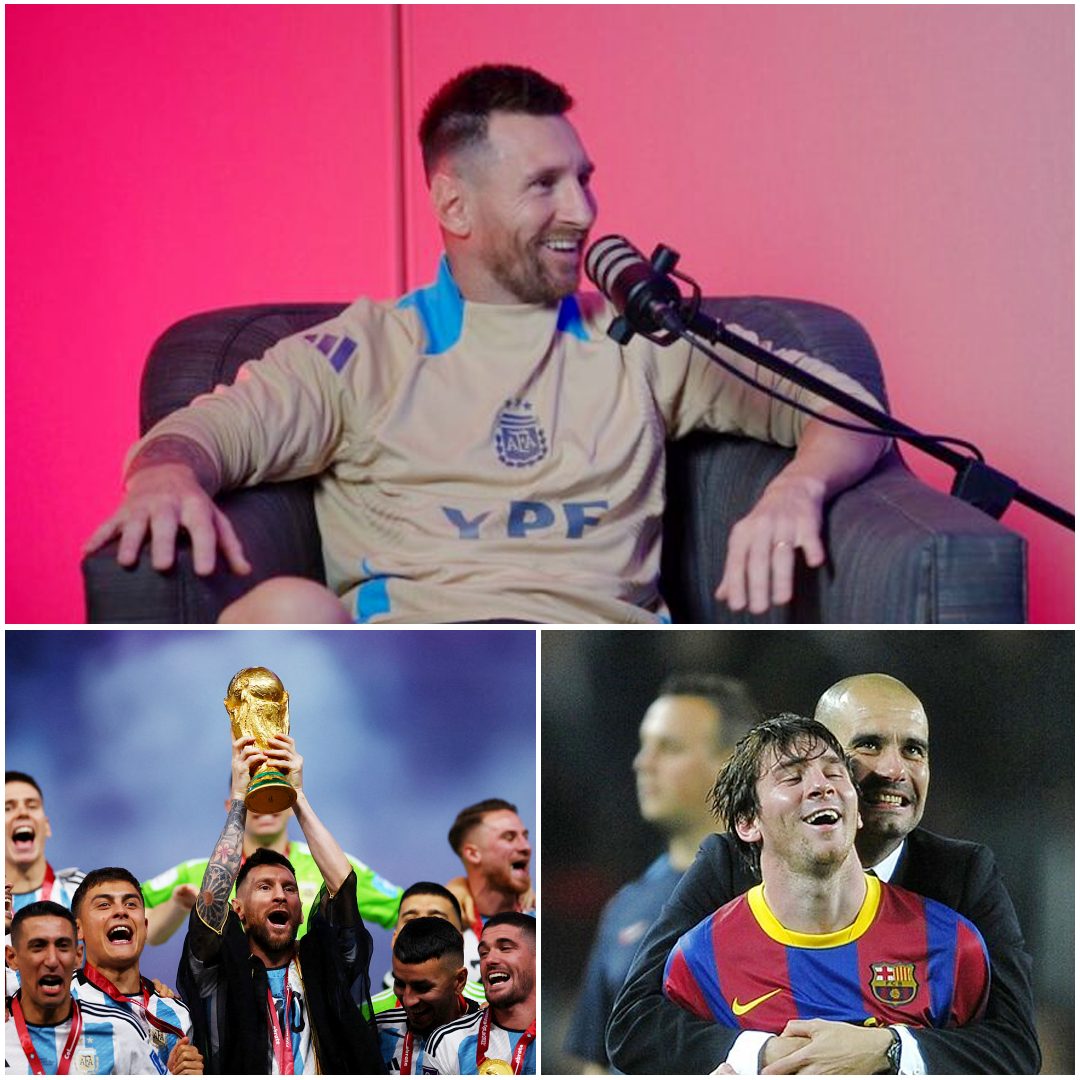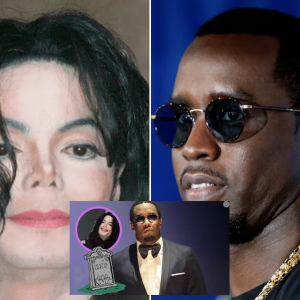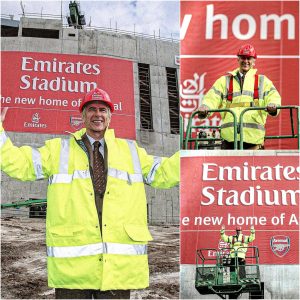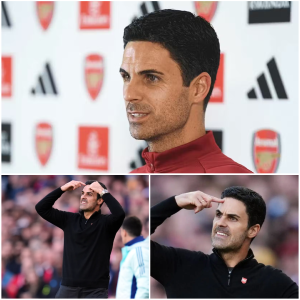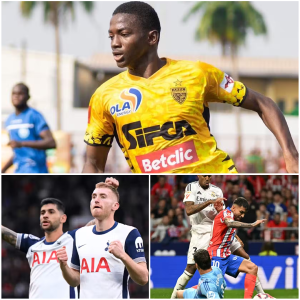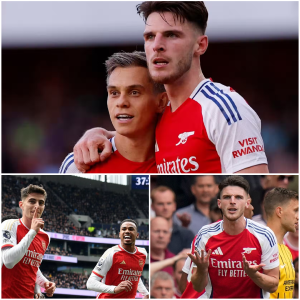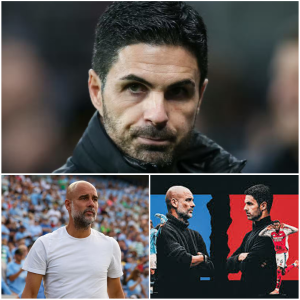In an interview on the Clank! YouTube channel on his birthday, June 24, Lionel Messi talked about his natural football talent, the reason for walking a lot during matches, and the impact of Pep Guardiola’s style on modern football.
Yesterday Messi celebrated his 37th birthday. At this age, he has won every title possible in top-level club football, including four Champions Leagues, 10 La Ligas, two Ligue 1s with Barca and PSG. At the national team level, he won the 2022 World Cup, the 2021 Copa America, the 2022 Intercontinental Super Cup, the 2005 U20 World Cup and the 2008 Olympic gold medal. Messi holds the record for winning 44 collective titles.
On an individual level, Messi has won eight Ballons d’Or, six European Golden Shoes and two World Cup Golden Balls. He is the only player to win the Ballon d’Or in three different decades and four consecutive Ballons d’Or. “It’s clear that I was born this way because God chose me,” Messi said. “This is a gift that God gave me. I try and do everything to make the most of it.”

Messi in a chat on Clank channel.
Messi , who began his playing career at hometown club Newell’s Old Boys and joined Barca’s famed La Masia academy at the age of 13, admits he was unaware of how special he was.
“According to others, I was always different,” said the 2022 World Cup winner. “People came to watch me. I didn’t realize it, but I started to understand it as I grew up. I don’t really know when I realized it. When I was three or four years old, I didn’t know about the World Cup and all the other tournaments. I just played for the love of the ball, it was my hobby. I spent all my time playing football and looking for people to play with. I was born with a passion for football, like most Argentines, from a very young age. I always tried to enjoy it, like I did from day one.”
>>See more: The science of Messi
Despite all the records and titles, Messi said he learned a lot from his failures. The 37-year-old forward lost three consecutive finals, before helping Argentina beat Brazil 1-0 in the final at the Maracana to win the 2021 Copa America. “I don’t like to relive or watch them, but in the long run, they help you and make you mature,” he said of his previous failures. The most painful of these was Argentina’s loss on penalties to Chile in the 2016 Copa America final. At that time, the pressure caused the Argentine star to decide to retire from international football at the age of 29, before returning about two months later for the sake of his teammates and fans.
“Without a doubt, it was the most painful defeat because it was the third final in a row,” Messi said. “We played well that year, got to the final and showed that we were much better than the rest. In the final against Chile, although we didn’t have many clear chances, we were also superior in terms of the way we played, but we lost in the penalty shootout.”

Messi and teammates celebrate winning the 2022 World Cup. Photo: Reuters.
Messi grew up playing under Pep Guardiola from 2008-2012. The pair won three La Ligas, two Copa del Reys, two Champions Leagues and two FIFA Club World Cups during this period. Guardiola’s ideology has inspired and been adopted by many other coaches at their respective clubs, most notably Mikel Arteta at Arsenal. Enzo Maresca and Vincent Kompany – who worked with Guardiola – have worked wonders in the Championship and have been appointed head coaches by Chelsea and Bayern Munich respectively.
Messi says he has learned a lot from Guardiola, from tactics, space and ball control. But the eight-time Ballon d’Or winner believes Guardiola’s style has created “great confusion” in football. “Now everyone wants to play like Guardiola,” the Argentina forward said. “They tell six- and seven-year-olds to play with two touches and pass quickly. At that age, these kids have to experience what I experienced. We can’t take away their spontaneity.”

Messi and Guardiola when they worked together at Barca.
During his peak playing years, a special habit of Messi was that he often walked on the field, observed carefully and then exploded when receiving the ball from his teammates.
“I’m very self-critical. I’m the first to know what I’m doing right and what I’m doing wrong,” he says. “When I’m walking, I analyse the position of the opponent, how we stand without the ball, how to stay away from the marker so we can start a counter-attack. I don’t pay much attention to GPS, statistics or data. I’ve never cared how much I run in a game.”
Messi added about his experience at Newell’s Old Boys: “Two or three times a week we were asked to run around the pitch. I used to hide behind a tree. Running without the ball was never fun for me.”
